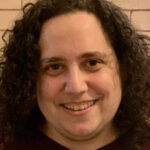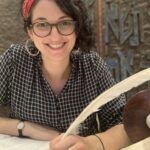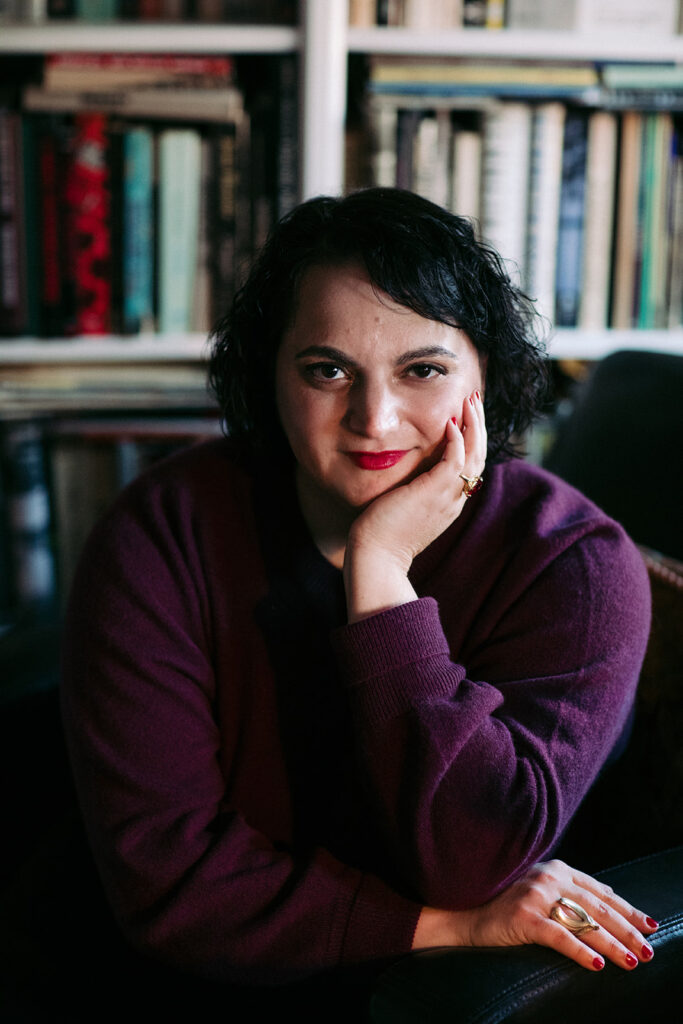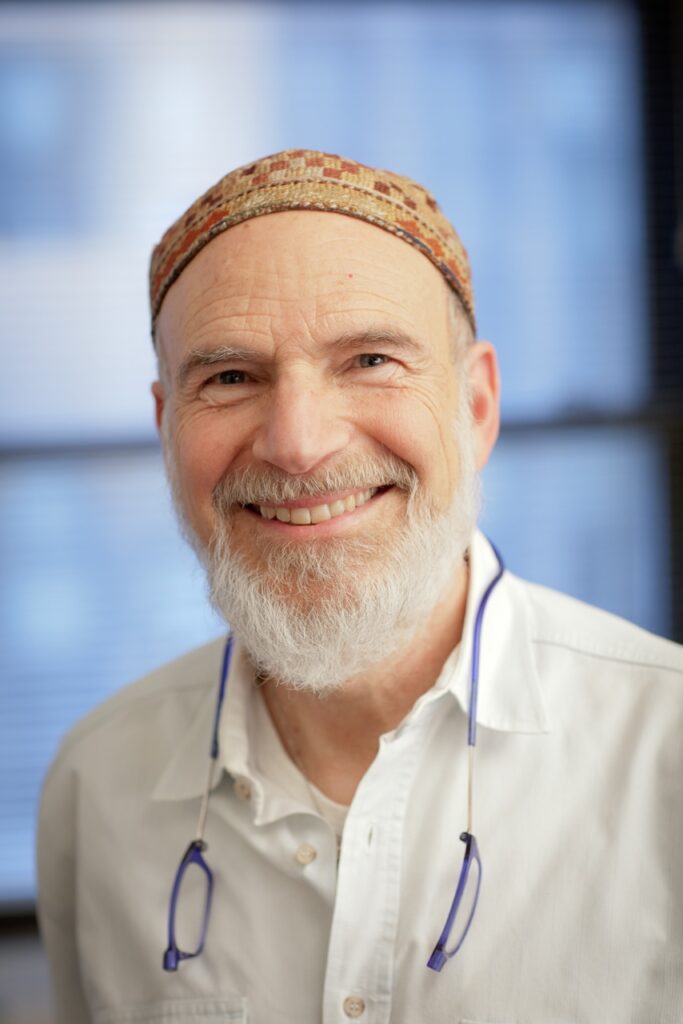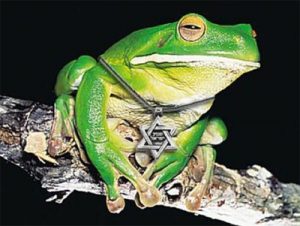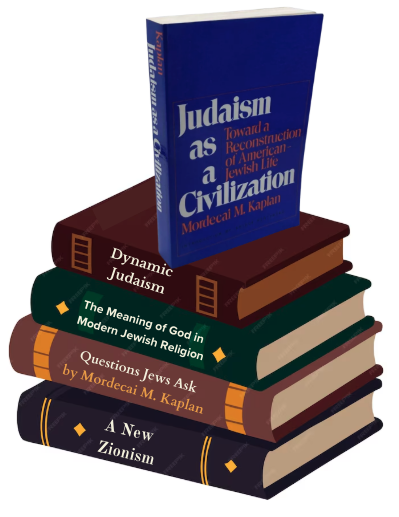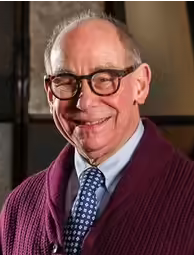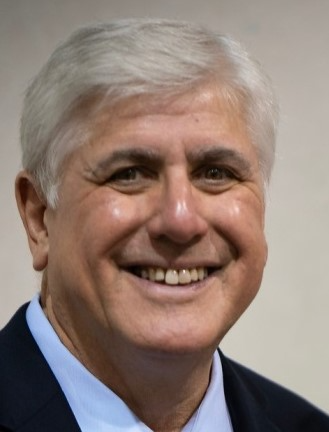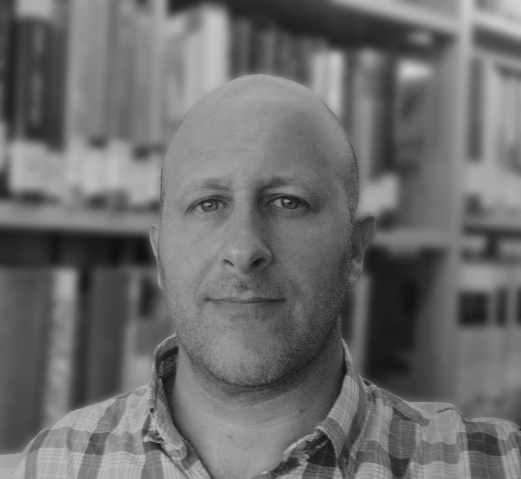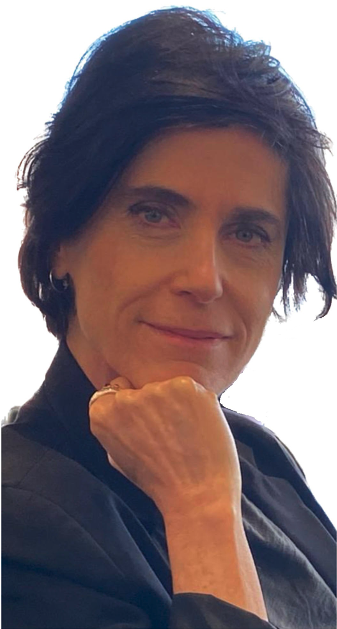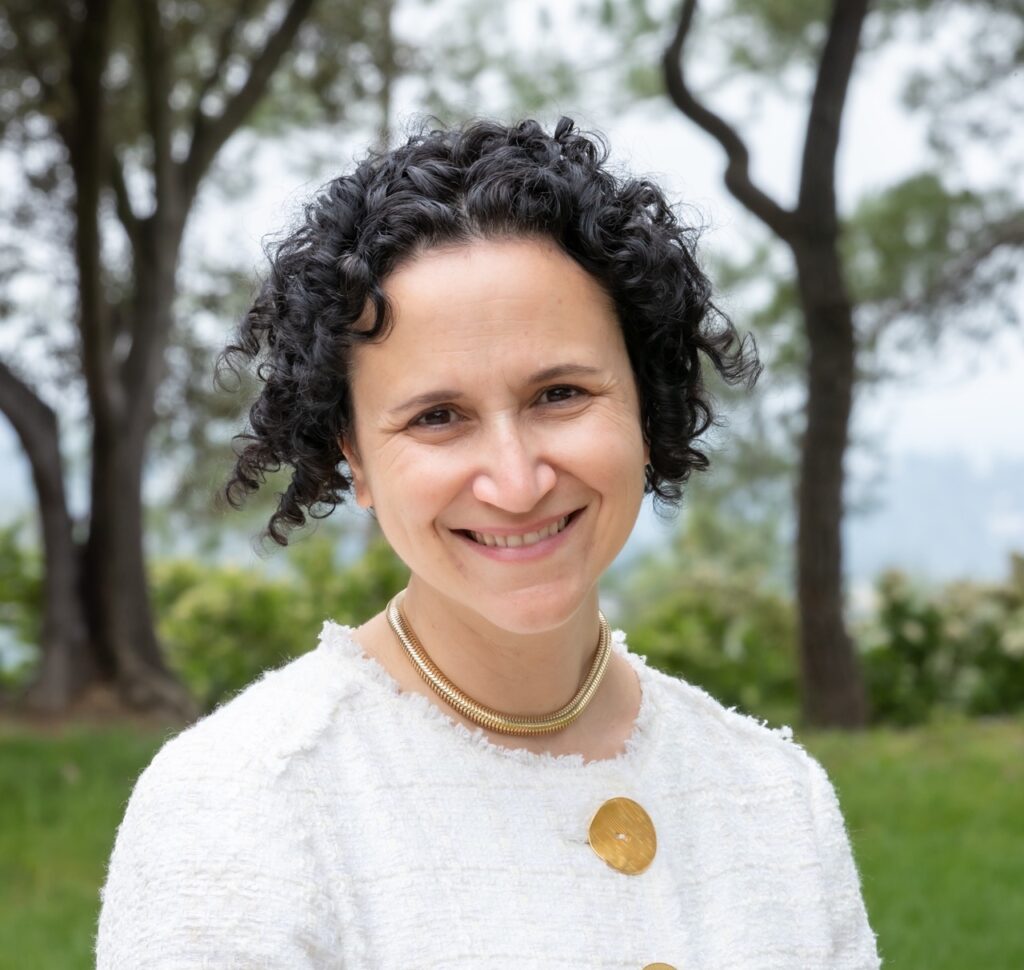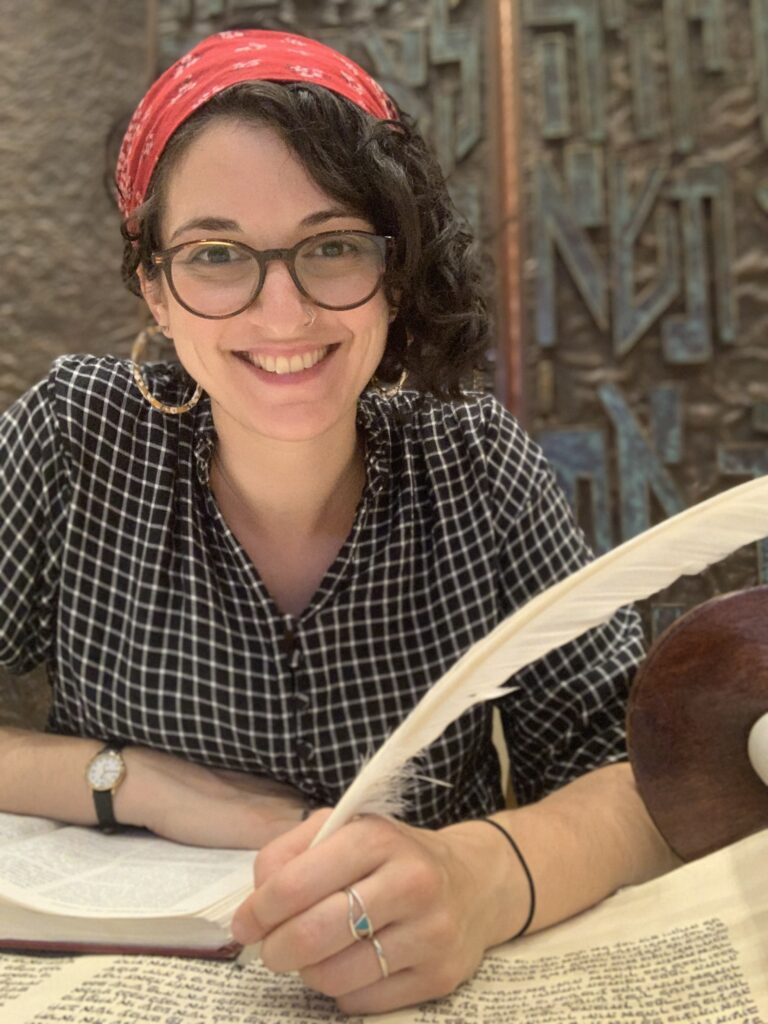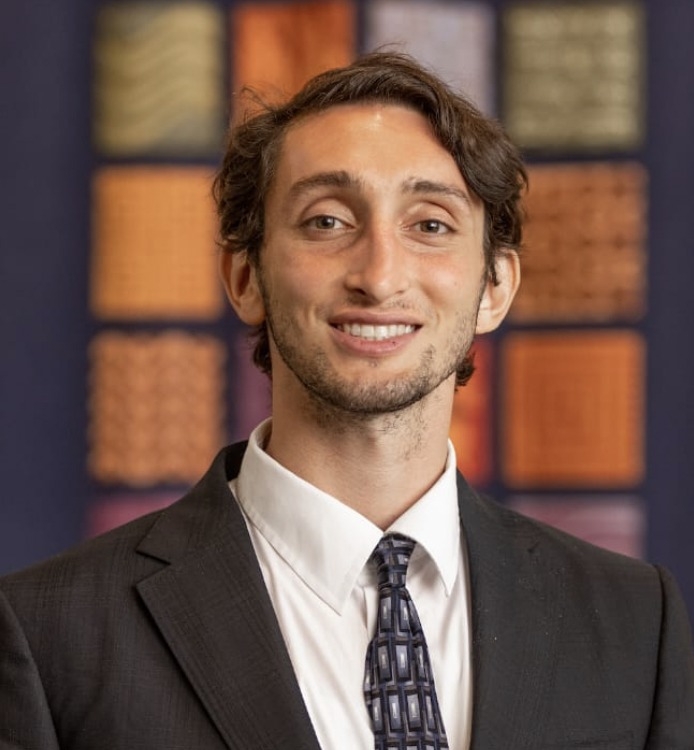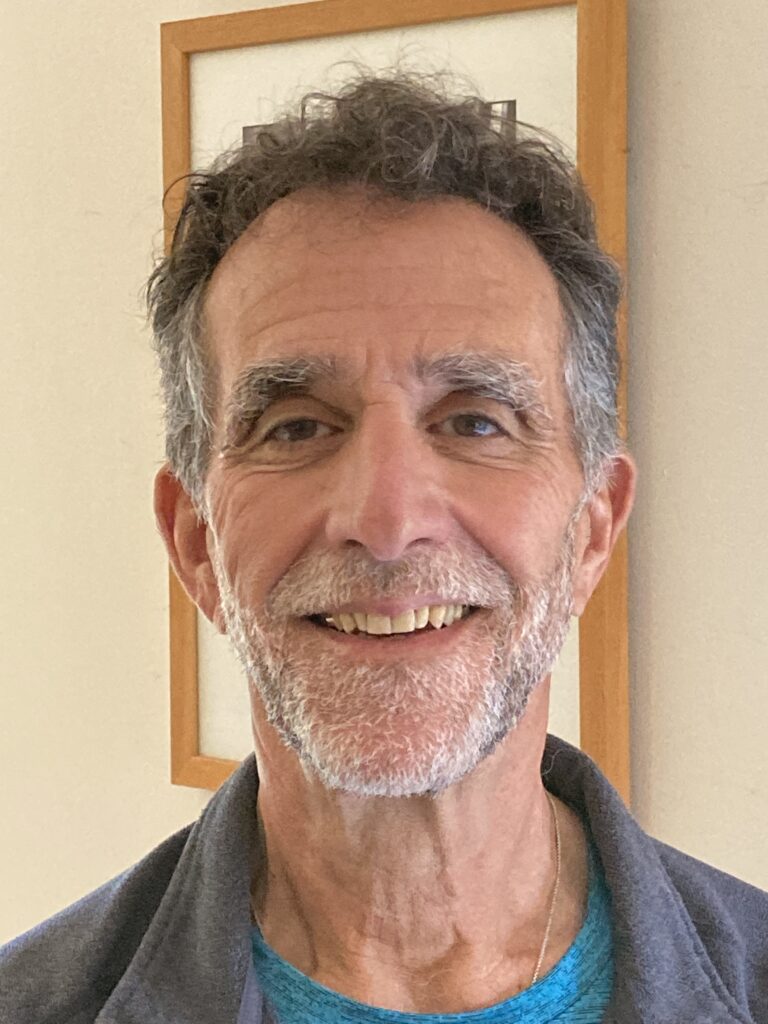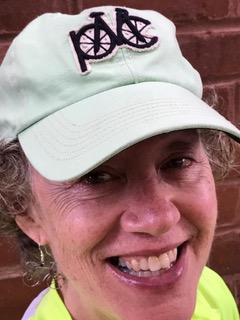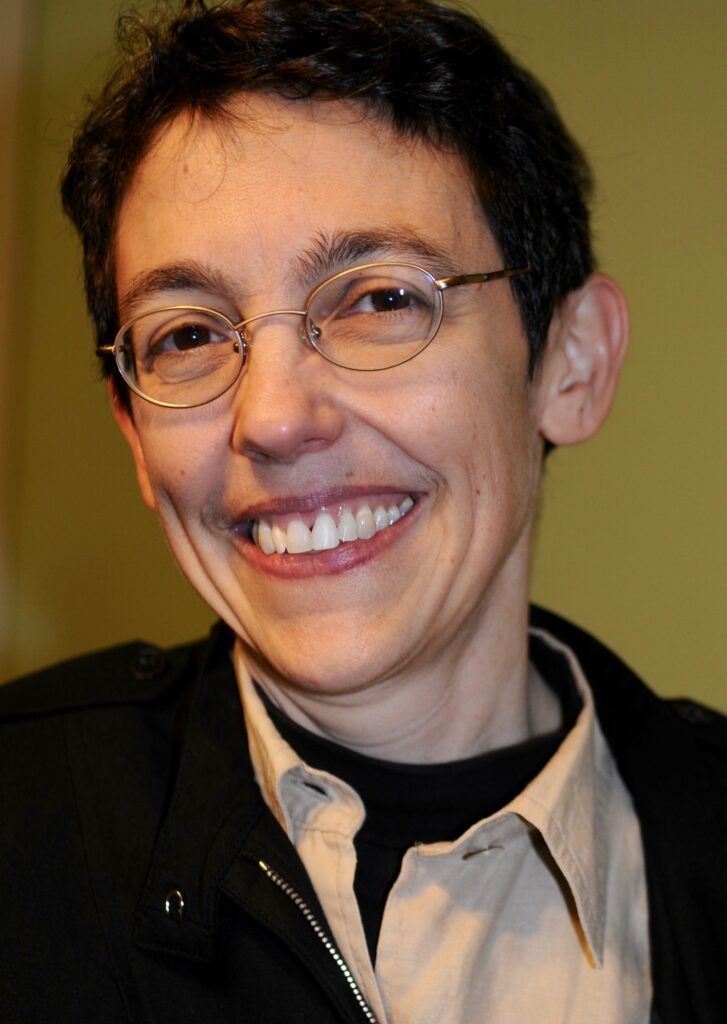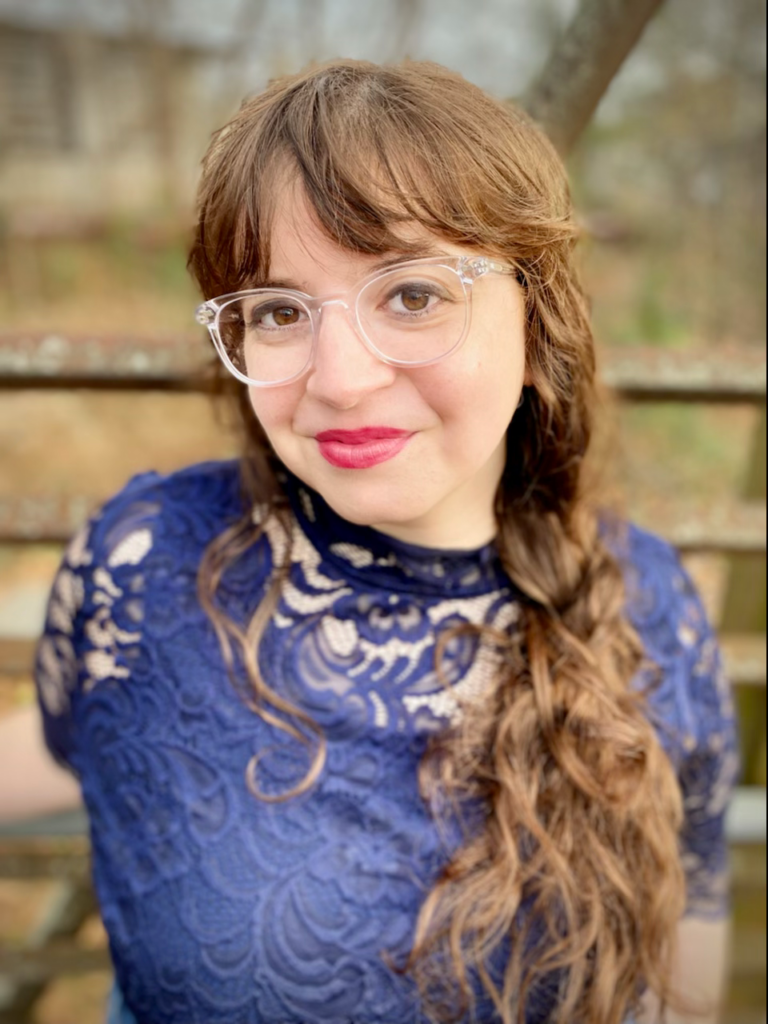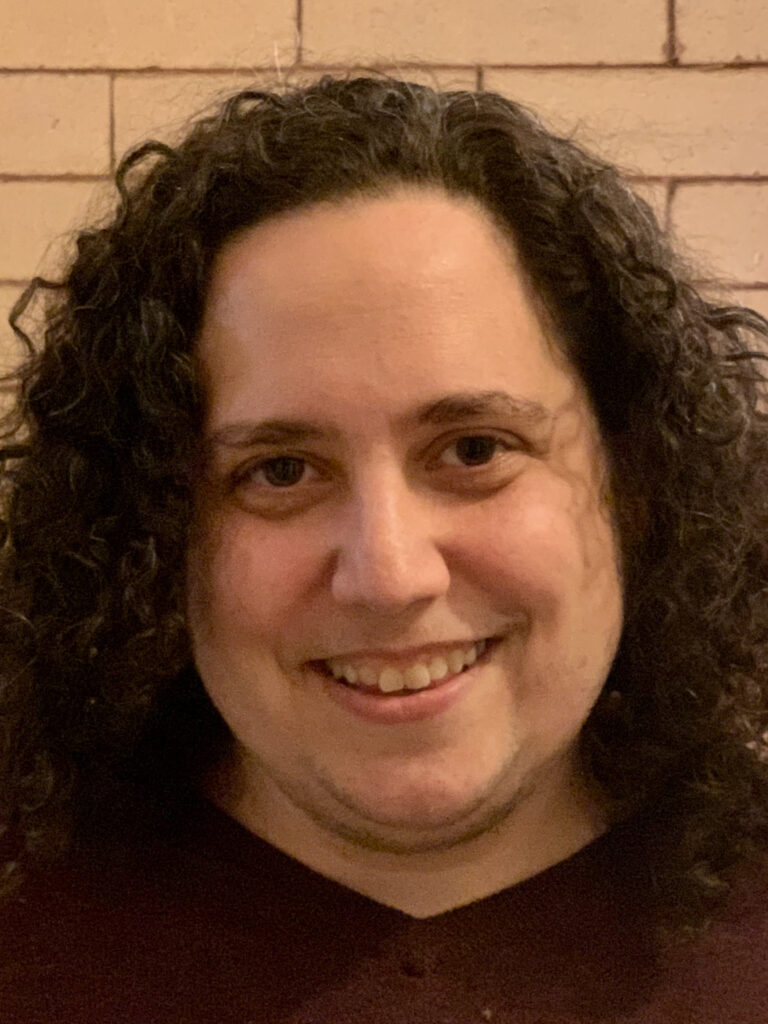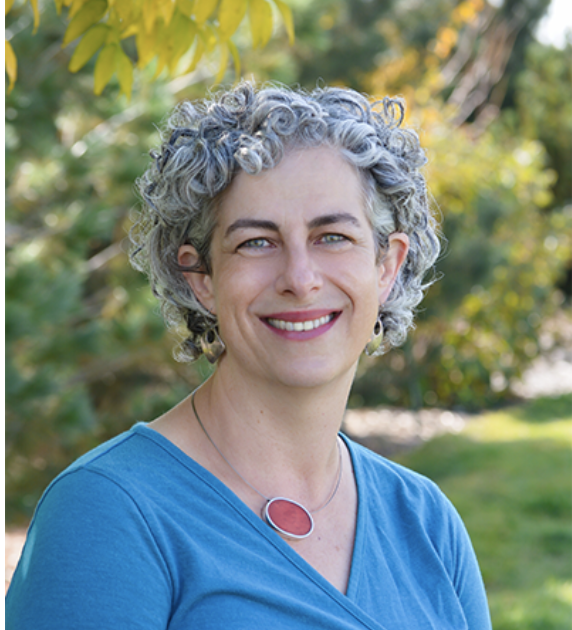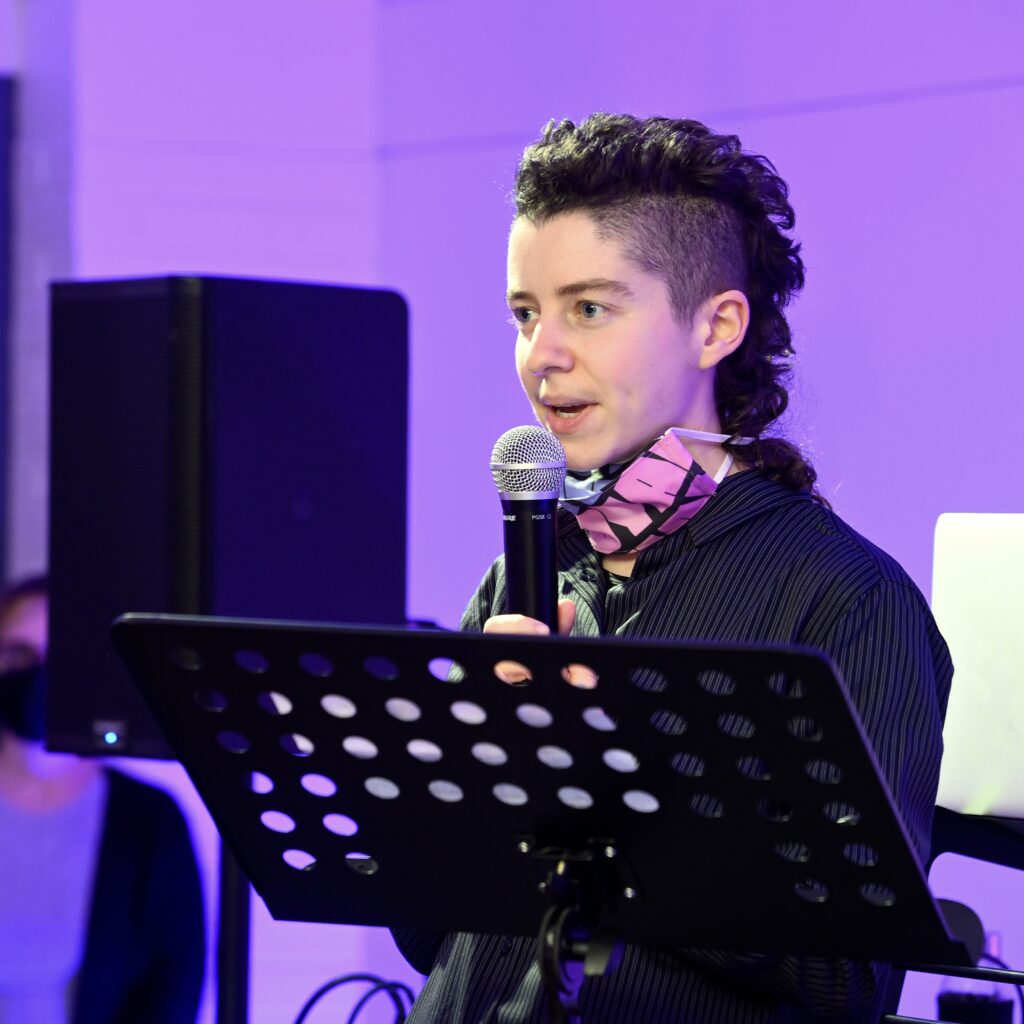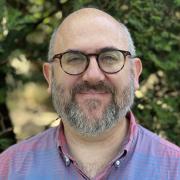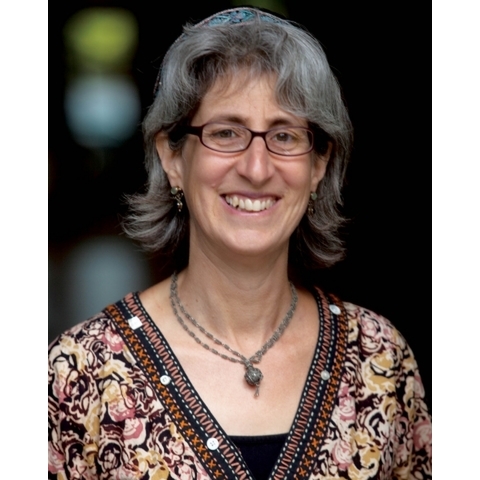with Rabbi Mira Wasserman, Ph.D.
Sunday, June 9, 2024
Please join us as we thank Rabbi Jeffrey Schein for his work as Executive Director of The Mordecai Kaplan Center for Jewish Peoplehood, introduce our new Executive Director, Rabbi Elisheva Sachs Salamo, and learn from Rabbi Mira Wasserman, Director of the Center for Jewish Ethics and Associate Professor of Rabbinic Literature (Reconstructionist Rabbinical College).
Wasserman’s talk, titled “Leaping Off the Page: The Talmud and the Future of Jewish Dialogue,” will provide an historical survey of how the forms of talmudic discourse have evolved over the centuries and will examine how talmudic concepts, practices, and forms are being re-imagined today. Most significantly, Wasserman asks, what do new and emerging engagements with the Talmud, like the Kaplan Center’s Talmud Pages—a project initiated by Jeffrey Schein—suggest about the Jewish future?

Mira Beth Wasserman’s work as a rabbi and scholar bridges Talmud study, community building, and the pursuit of social justice. Wasserman is director of the Center for Jewish Ethics and Associate Professor of Rabbinic Literature at the Reconstructionist Rabbinical College.
Wasserman’s research focuses on the art of the Babylonian Talmud and on how the Talmud can be deployed to support contemporary Jewish ethics. Her book, Jews, Gentiles, and other Animals: The Talmud after the Humanities, is an exploration of what it means to be human according to the Talmud; it was awarded the Salo Baron Prize for the best first book in Jewish studies published in 2017. In connection with the Ethics Center, Wasserman engages in public scholarship on race, gender, and Jewish ethics. In 2021, she was awarded a grant from the National Endowment for the Humanities to support new research and develop curricula on race, religion, and American Judaism.
Wasserman is Rabbi Emerita of Congregation Beth Shalom in Bloomington, Indiana, where she served for over a decade and where her work in education led to the publication of a children’s book, Too Much of a Good Thing.
Her doctorate in Jewish Studies is from the University of California at Berkeley, her rabbinic ordination is from the Hebrew Union College-Jewish Institute of Religion, and she is an alumna of the Wexner Graduate Fellowship. She has a Bachelor of Arts in Hebrew Literature from the Jewish Theological Seminary and a Bachelor of Arts in American Studies from Barnard College.


